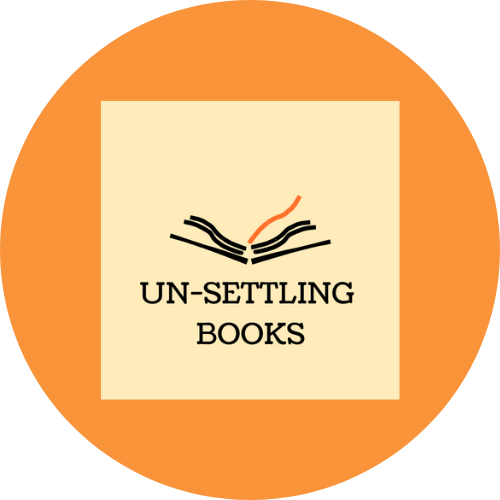
“The first draft is just you telling yourself the story.”
The late novelist Terry Pratchett is one of many writers who’ve said some variation of the above. That’s because it’s pure truth. You can’t tell your story to anyone else until you know how it goes.
I don’t know about you, but thinking about that first draft as me working out the story for myself takes some of the fear out of getting started. I know I don’t have to get it right – and I probably won’t. I know it doesn’t have to be good – and it probably won’t be.
All I have to accomplish with what is infamously called the “shitty” first draft is getting it done. Once I do that, I get to move on to what I find the most satisfying part: rewriting and making it better.
Of course, all of this only works when you’ve got an idea for the story to start with. Even loose writers like Pratchett and George R.R. Martin, both of whom have said they don’t outline their stories and make them up as they write, start with a good idea or premise. They likely also know where they want their story to wind up. In other words, some pre-planning is still important.
Memoir writers often think they already know the story – they’ve lived it, after all. But there’s a big difference between a celebrity autobiography, which is likely to start with young childhood and continue over the course of their lifetime, and a memoir, which focuses on a specific time in one’s life in order to tell one specific story or convey one significant theme.
In Eat Pray Love, Elizabeth Gilbert takes us on her one-year trip to Italy, India, and Indonesia. In Wild, Cheryl Strayed writes about her solo hike on the Pacific Crest Trail. Angela’s Ashes tells the story of author Frank McCourt’s impoverished childhood in Ireland. Tara Westover, in Educated, covers her journey from leaving her survivalist family in Idaho to earning a PhD from Cambridge.
How did they know what part of their lives to focus on? For some writers, it’s obvious – there’s one stand-out circumstance or experience that begs to be written about. For you, it might be less than clear. Maybe you’ve lived a pretty interesting or at least unusual life. Where to begin? Where to end? What to include, and what to leave out?
Getting started and writing a first draft needn’t be scary. But it can be easier when you’ve got outside input from a book coach or story editor who can help you choose, plan, plot, and frame the story you have to tell – whether it’s a non-fiction memoir, a fictionalized true story, or a sci fi novel.
Which story could you be telling yourself this year, if only to process it and leave it behind you once and for all?
